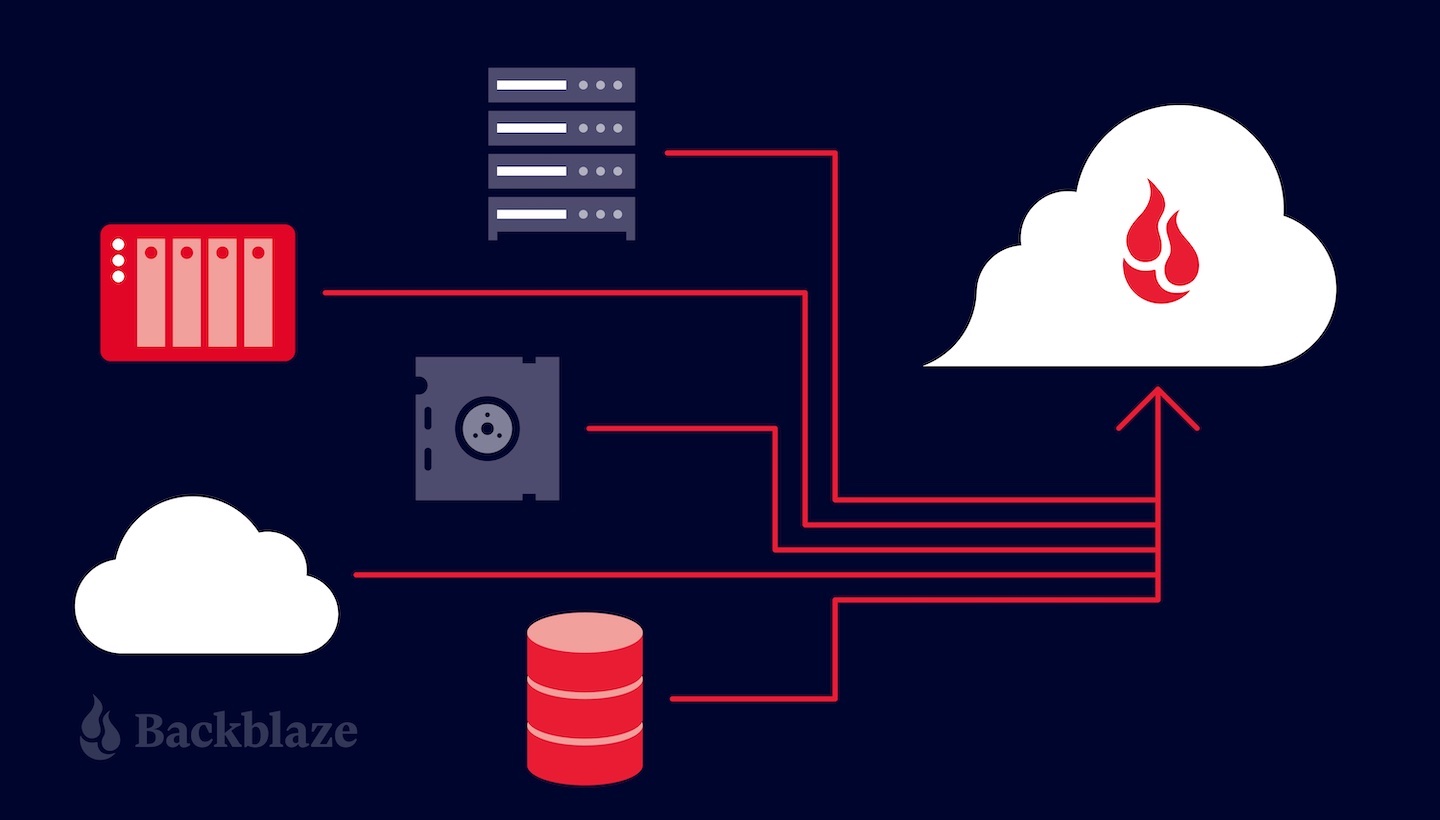Why does Nvidia want to buy Arm? Why is public cloud revenue growth slowing down? How can Backblaze help overcome cloud egress fees? Why are we asking so many questions? Get the answers with Rich Stroffolino and Tom Hollingsworth on the Gestalt IT Rundown.
This week on the Rundown:
Google Certificate Authority Service
Leaked VPN Server Details
Firefox Tracking Protection
Android Nearby Share
Google started rolling out Nearby Share, their answer to Airdrop. This feature is rolling out to Pixel and Samsung Galaxy devices first, and eventually across Android and Chromebooks. This will let users select files to share, with an option to do so anonymously, and Nearby Share will choose between Bluetooth, Bluetooth Low Energy, WebRTC or peer-to-peer WiFi to share the file. Airdrop is one of those under-appreciated features that keeps people hooked to iOS, is Nearby Share’s multi protocol support news or nah?
LastPass Gets Proactive
The password manager LastPass launched an updated security dashboard, which now gives an overview of all your accounts, highlighting any passwords that could pose a security risk. The dashboard will also now look for compromised passwords that appear on the darkweb, pulling from Enzoic’s compromised credentials database
Nvidia to Buy Arm?
Bloomberg’s sources say Softbank is in advanced talks with Nvidia to buy Arm in a deal possibly worth $32 billion. Softbank bought ARM in 2016 for $31 billion. The source says Nvidia is the only company in concrete discussions and a deal could be done in the next few weeks. Nvidia mostly makes GPUs, but its Tegra mobile chips, used in the Nvidia Shield and Nintendo Switch, are based on Arm designs.
Backblaze vs Egress Fees
The backup provider Backblaze’s B2 Cloud store storage service has been seen as a good option for SMBs, but probably not part of a lot of enterprises buying options. The company has made some interesting moves to change this narrative. Backblaze recently launched S3 compliant APIs so, you know, the storage can work with things. Now the company is offering to pay AWS S3 egress fees if you migrate more than 50TB and keep it in B2 for 12 months. Backblaze is seeing increased adoption with a reported 25% month on month storage growth, but can the tactics of switching cell providers work for cloud storage?
Public Cloud Revenue Growth Slows
We recently had earnings from all the major public cloud providers. All three saw revenue increase on the year, but interestingly across the board with Azure, AWS, and GCP, we’re seeing growth slowing. Amazon was the most effected by this, seeing AWS revenue grow 29%, the 9th consecutive decrease in growth and the first time growth has been under 30%, although the unit generated over $10 billion in revenue. The segment wasn’t Amazon’s fastest growing for the first time in forever, and accounted for 1% less of the company’s overall revenue. Azure similarly saw growth slow quarter on quarter, down from 59% to 47%, while GCP cloud revenue slowed growth to 43% from 52%. Tom are you surprised to see, in a quarter where seemingly every business is increasingly turning to the cloud and SaaS, to see none of the cloud providers able to increase their revenue growth?
The Gestalt IT Rundown is a live weekly look at the IT news of the week. It broadcasts live on YouTube every Wednesday at 12:30pm ET. Be sure to subscribe to Gestalt IT on YouTube for the show each week.




